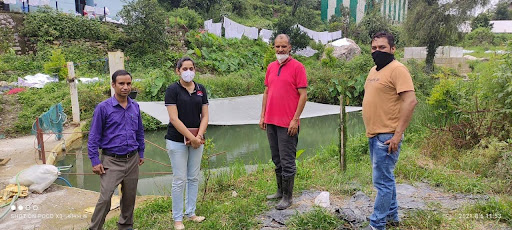
Fisheries - An Untapped Livelihood in the Kumaon Foothills
- By Gayatri Shejwal
- February 18, 2022
Fisheries, Livelihood, Value Addition
More than 2.8 crore Indians rely on fisheries for their livelihood. Even so, this is an industry with a lot of untapped potential. According to the Economic Survey of India for 2019-20, barely 58 percent of the country's inland potential has been explored. The Union Budget has taken steps to address the issues and enhance the sector's potential. The Fisheries Department's budget nearly doubled from Rs. 1,220 crore in 2021-22 to Rs. 2,118 crore in 2022-2023, while other agriculture and associated sectors only saw a marginal increase.
Nainital is known as the Lake District of India due to its plethora of natural lakes situated at high altitudes. While the hilly district is popularly known as a tourist destination, about 60 percent of its rural population is still engaged in agriculture and allied activities.
An Untapped Livelihood
Nainital is in a relatively nascent stage in the development of the fisheries sector. The farmers, distributed across various blocks, face many issues. Some 600 people are engaged in fish cultivation at present. The total annual production of fish stands at 90 tons (2.08 percent of the total production of the state), while the average annual revenue is around Rs. 60,000 to 80,000 [2]. Varieties of carp like Common Carp (Cyprinus carpio), Silver Carp (Hypophthalmichthys molitrix) and Grass Carp (Ctenopharyngodon idella) are the most commonly cultivated along with other species like Rohu (Labeo rohita), Catla (Catlacatla), Rainbow Trout (Oncorhynchus mykiss), etc. These fish species fetch an average of Rs. 200 to 350 per kg locally. Most of the fish is sold in the local village markets or directly from the ponds on a quantity-demanded basis.
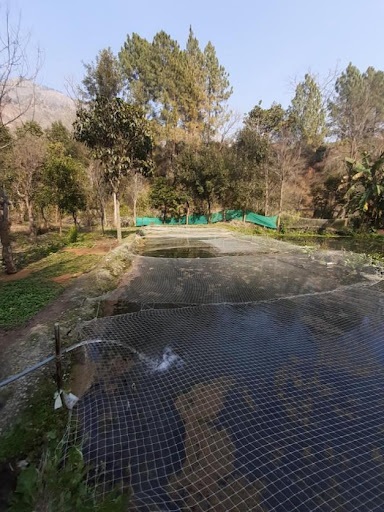
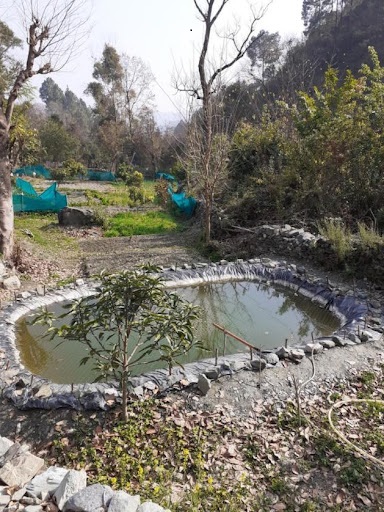
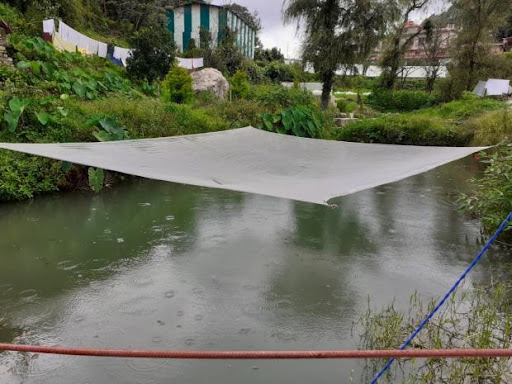
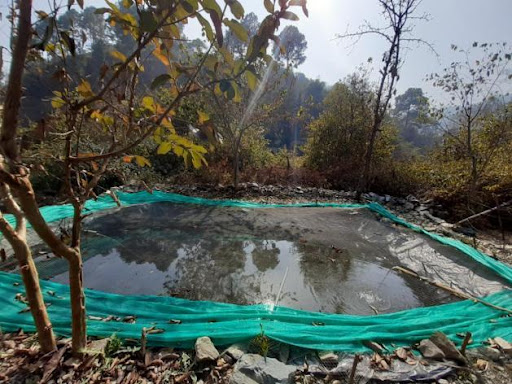
Existing fish ponds in the district in the Bhimtal and Naukuchiatal regions
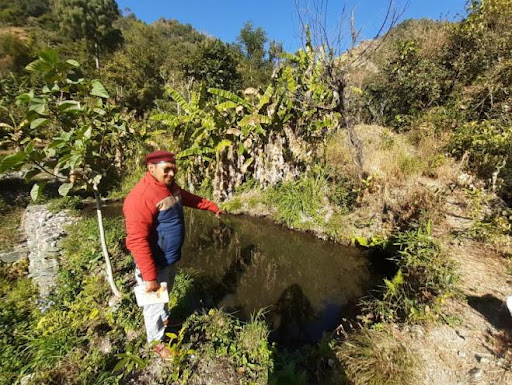
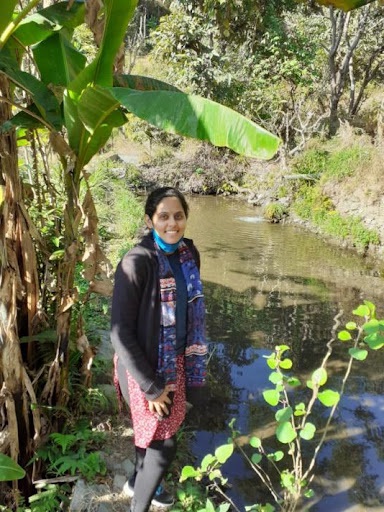
Field visit to a fish farm by District Fisheries Inspectors Dr. Vishal Datta, Mr. Bagadwal and MGN Fellow, Ms. Gayatri Shejwal
Role of the District Administration
The district administration of Nainital has focused on promoting and developing the fisheries sector in the district through a cluster-based approach to motivate more people to get involved and increase farmers’ incomes through fish cultivation and post-harvest processing.
The first thriving fishery cluster exists in Saladi, Bhimtal, while a second was recently created in Sarna, Dhari, which potentially provides livelihood to at least 40 households. Primary data highlights a focus on increasing the number of ponds in the district (125 new ponds in 2020-21, in addition to the existing 565 ponds), with activities like duck rearing also being promoted to augment farmer income. New ponds are being constructed jointly through the District Fisheries Department and the Mahatma Gandhi National Rural Employment Guarantee Scheme (MGNREGS) wherein the Department provides a 50 percent subsidy on the total construction cost. The remaining 50 percent is covered as construction activity under MGNREGS. Effectively, new ponds are provided to the beneficiaries free of charge.
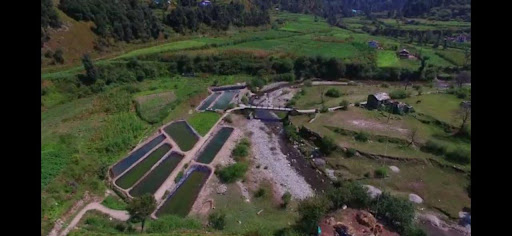
Drone view of the newly set up fisheries cluster Sarna, Nainital
Role of DCFR-ICAR
The Directorate of Cold Water Fisheries Research (DCFR) situated in Bhimtal is an organization under the Indian Council for Agricultural Research (ICAR). Equipped with a mandate for extension, education and training, DCFR-ICAR actively and routinely assists the District Fisheries Department in carrying out training and awareness programmes on increasing farmers’ income through post-harvest value addition to raw fish. These include training on making fish pickle, fish papad, cutlet, tikki, etc., and other ready-to-eat value-added fish products. Awareness programmes on value addition aim to educate people on ways/ methods of increasing the shelf life and market value of the otherwise perishable raw fish. In addition, to encourage people to take up fish cultivation, DCFR provides them with inputs such as seed and feed free of charge during their various outreach programmes.
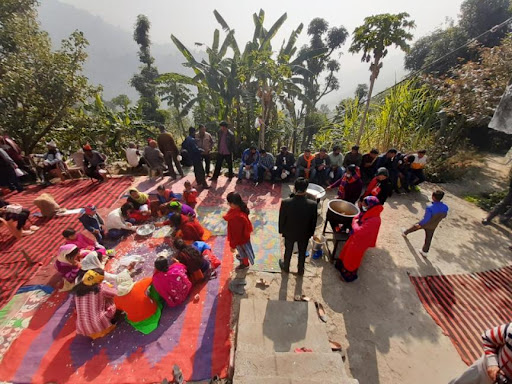
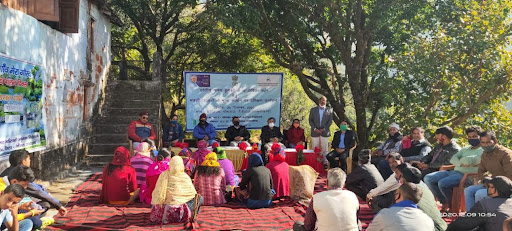
Training on making of fish pickle in Saladi village (L to R - District Fisheries Inspector Mr. Kunwar Singh Bagadwal, MGN Fellow Ms. Gayatri Shejwal, Farmer Representative Mr. Gopal Bhatt, Director DCFR Mr. Debojit Sarma, and DCFR Scientists)
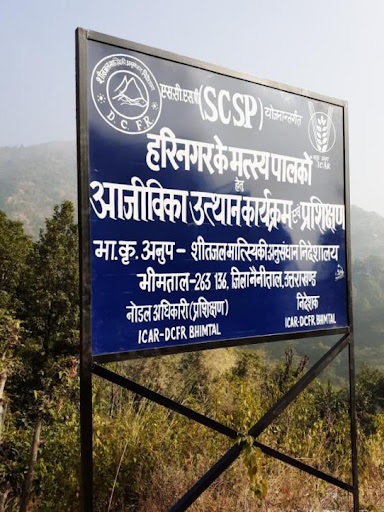
Training on making of fish pickle in Saladi village (L to R - District Fisheries Inspector Mr. Kunwar Singh Bagadwal, MGN Fellow Ms. Gayatri Shejwal, Farmer Representative Mr. Gopal Bhatt, Director DCFR Mr. Debojit Sarma, and DCFR Scientists)
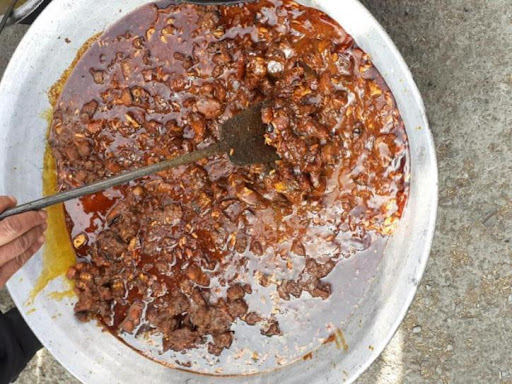
Fish Pickle made by DCFR scientists as a demonstration during a one-day training programme on post-harvest value addition
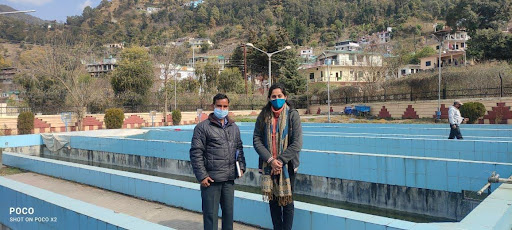
Fellow at DCFR-ICAR with District Fisheries Inspector
Fish Kiosks and Scooters with Ice Box
Fish kiosks are designated shops for selling raw and processed fish in popular tourist areas to promote self-employment among locals. One such success story is that of Mr. Dhiraj Pant from Betalghat. A successful fish farmer himself, he was provided with a kiosk free of charge by the district administration to be run for a minimum of 10 years and is expected to generate an annual profit of Rs. 10.77 lakhs. The State Fisheries Department will provide the license, training and technical support. Scooters with an icebox have also been equipped to enable the farmers to transport their products over longer distances without spoilage.Fish kiosks are designated shops for selling raw and processed fish in popular tourist areas to promote self-employment among locals. One such success story is that of Mr. Dhiraj Pant from Betalghat. A successful fish farmer himself, he was provided with a kiosk free of charge by the district administration to be run for a minimum of 10 years and is expected to generate an annual profit of Rs. 10.77 lakhs. The State Fisheries Department will provide the license, training and technical support. Scooters with an icebox have also been equipped to enable the farmers to transport their products over longer distances without spoilage.Fish kiosks are designated shops for selling raw and processed fish in popular tourist areas to promote self-employment among locals. One such success story is that of Mr. Dhiraj Pant from Betalghat. A successful fish farmer himself, he was provided with a kiosk free of charge by the district administration to be run for a minimum of 10 years and is expected to generate an annual profit of Rs. 10.77 lakhs. The State Fisheries Department will provide the license, training and technical support. Scooters with an icebox have also been equipped to enable the farmers to transport their products over longer distances without spoilage.
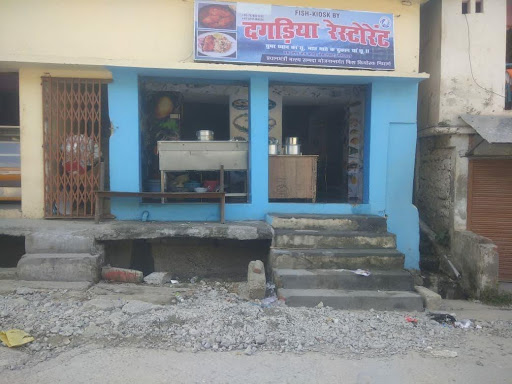
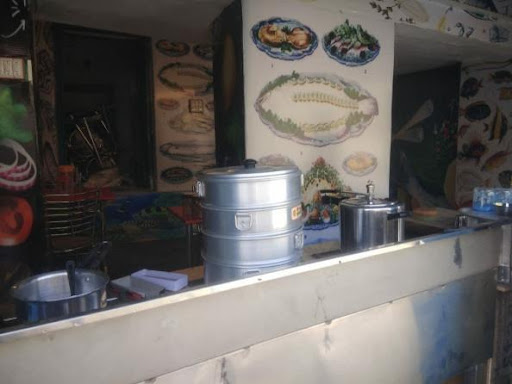
Fish kiosk alloted to Mr. Pant in Betalghat block
Challenges and Opportunities
-
Despite the district administration’s efforts, there is a lack of awareness among people and risk averseness to anything beyond traditional agriculture, resulting in over-reliance on government assistance.
-
The long harvest time of about 1.5 years discourages farmers from taking up the occupation.
-
The lack of connectivity in the hilly terrain makes them inaccessible to resources, government assistance and markets.
These gaps can be bridged through training and awareness programmes and the wide promotion of success stories to encourage people to participate in pisciculture-related livelihood activities. While job roles like Fish Retailer (AGR/Q5104), Fish and Sea Food Processing Technician (FIC/Q4001) etc. already exist in the National Occupational Standards (NOS) framework, they are limited to the marine fisheries sector and must be extended to cold water fisheries [3]. The district can collaborate with hotels to fulfil the demand in prominent tourist places and engage with initiatives like UttaraFish, which promote Himalayan fish. Projects like setting up a Fish Processing Unit, creating a Farmer Producer Organization and setting up angling activities in convergence with SHGs and the District Tourism Department may be undertaken in the future by the district administration.
References: :
-
1. Economic Survey of India 2019-20
-
2. Union Budget of India 2022-2023
-
3. District Skill Gap Study for the State of Uttarakhand (2017-2022), National Skill Development Corporation (NSDC).
-
4. https://www.statista.com/statistics/735997/fish-production-volume-uttarakhand-india/
-
5. NSDC Portal - www.nsdcindia.org

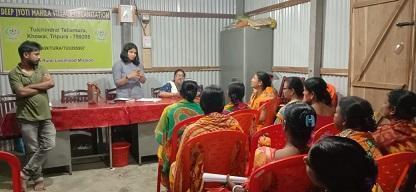
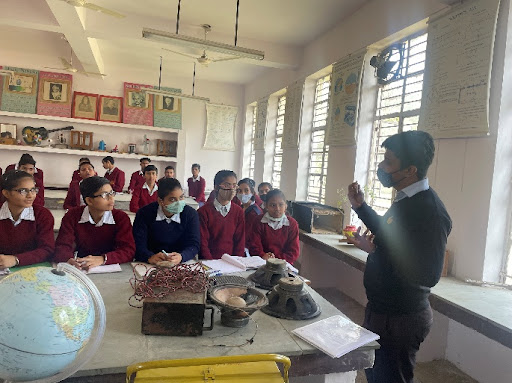
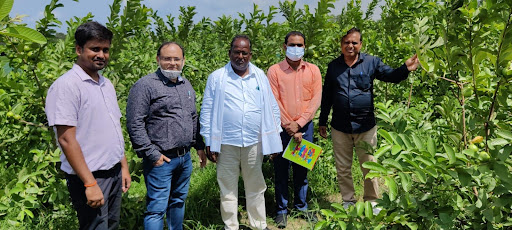
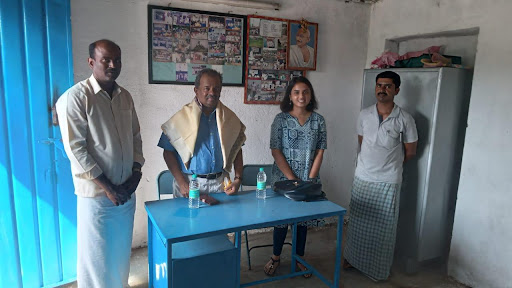
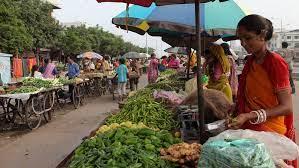
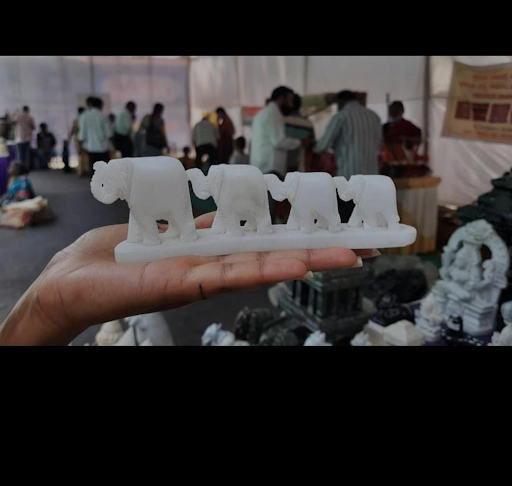
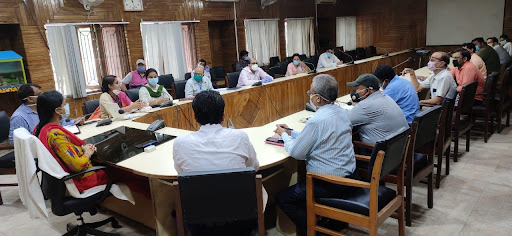
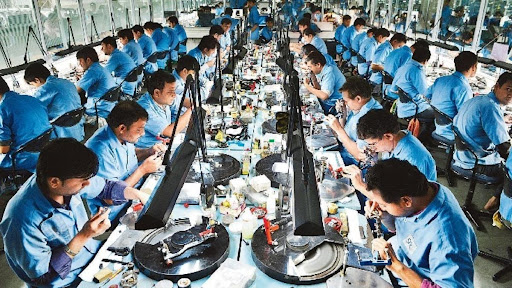

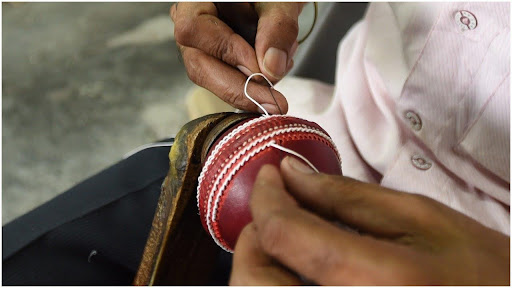
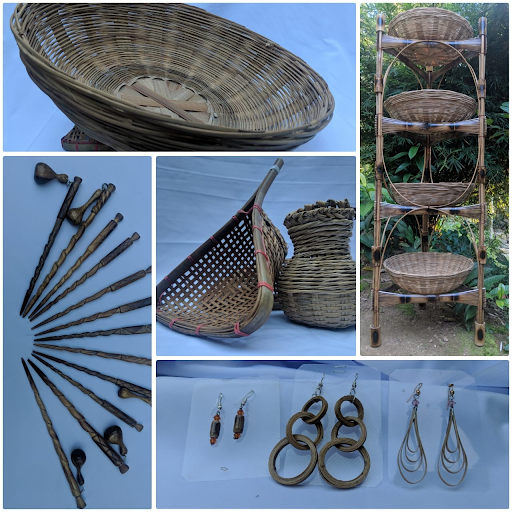
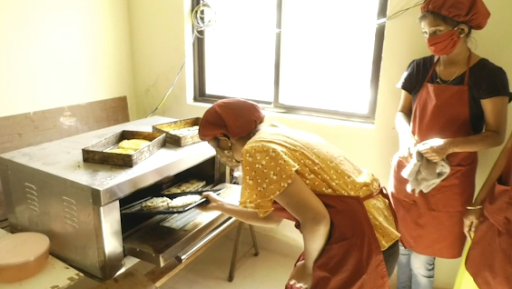
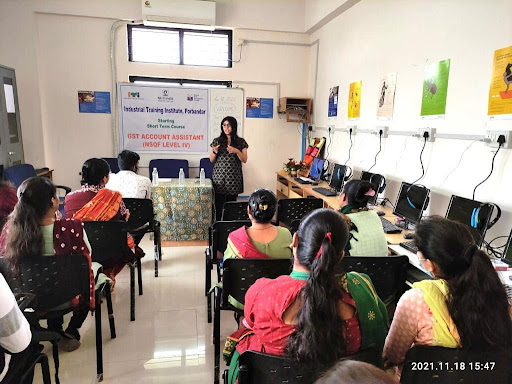
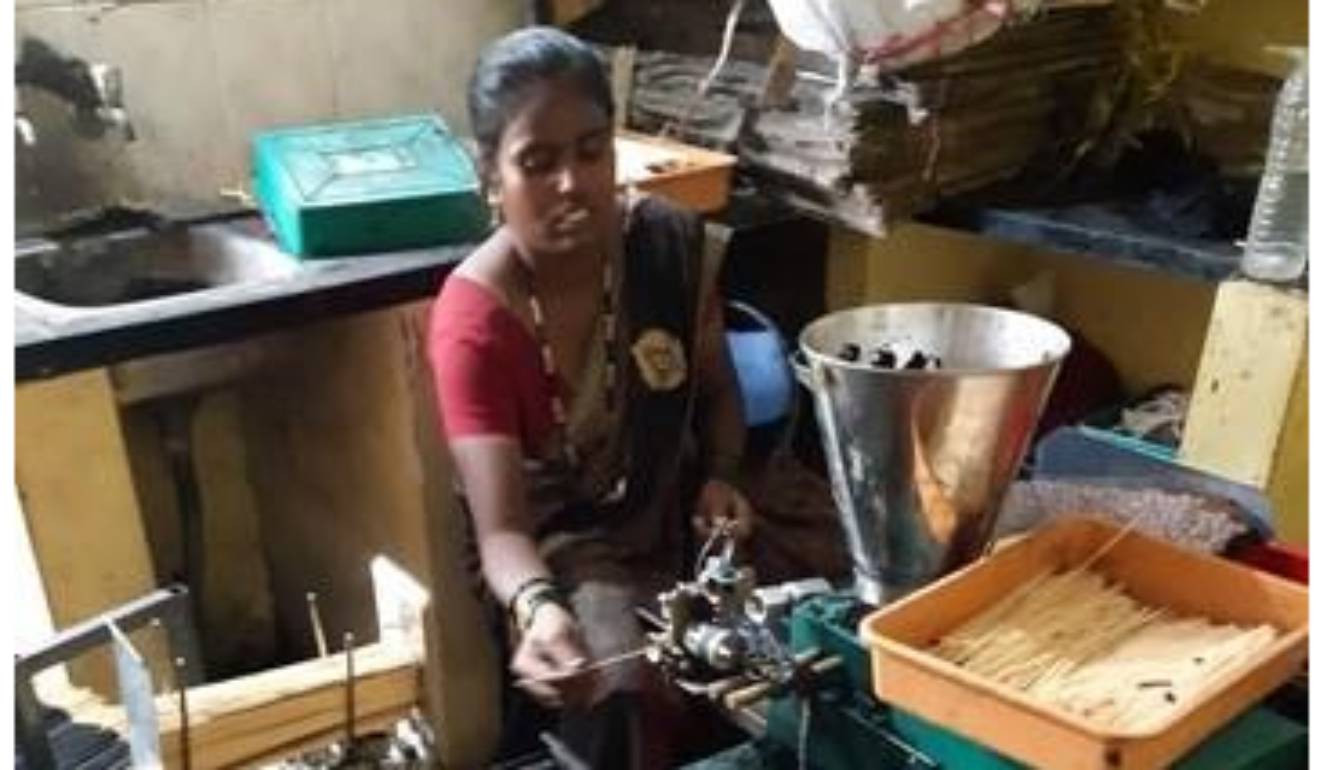

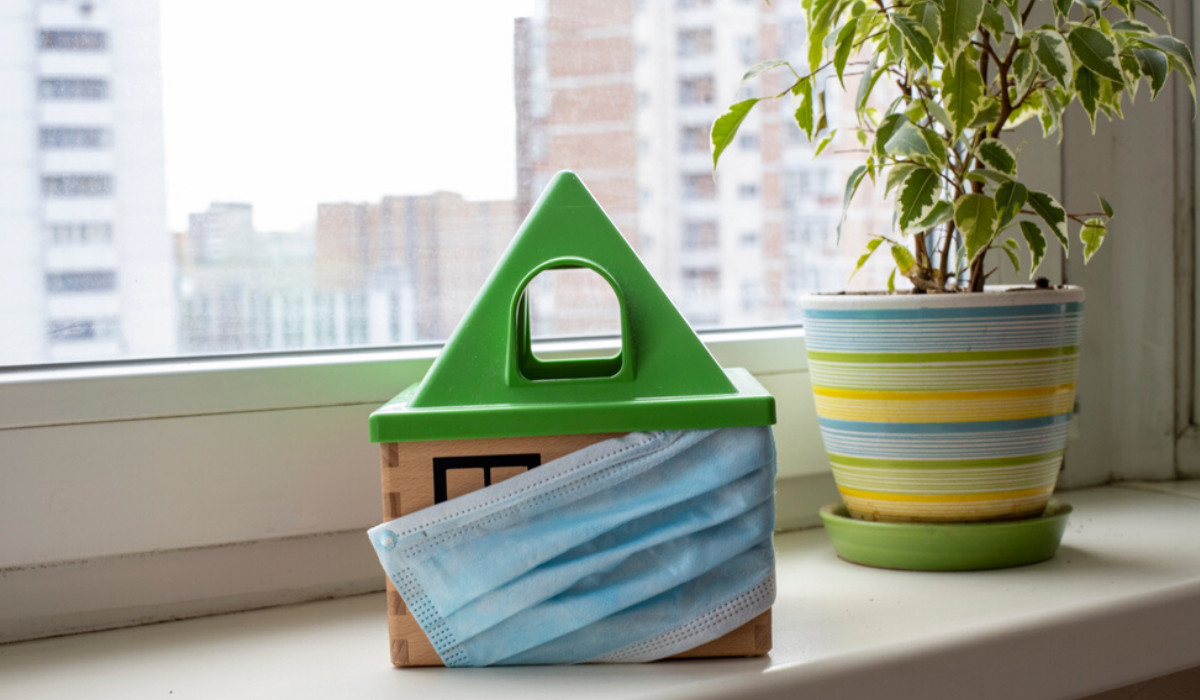

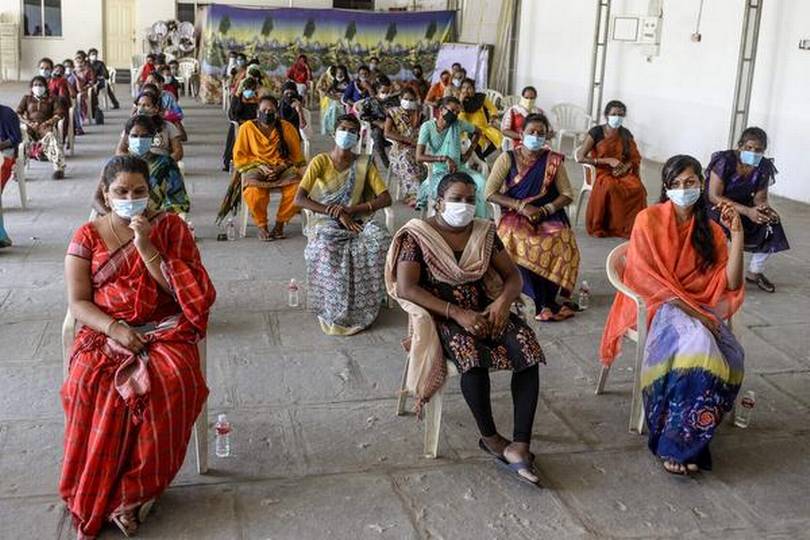
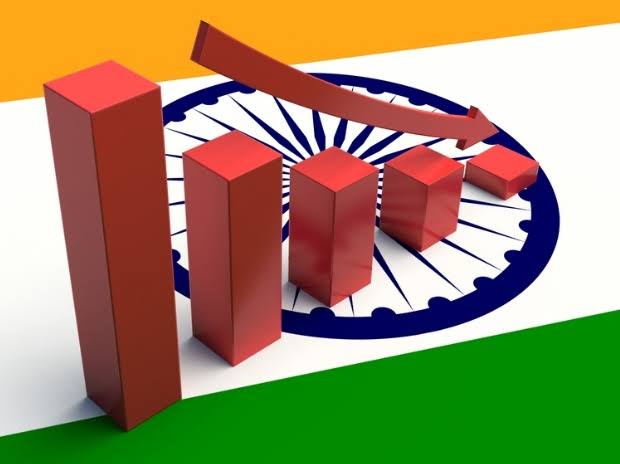
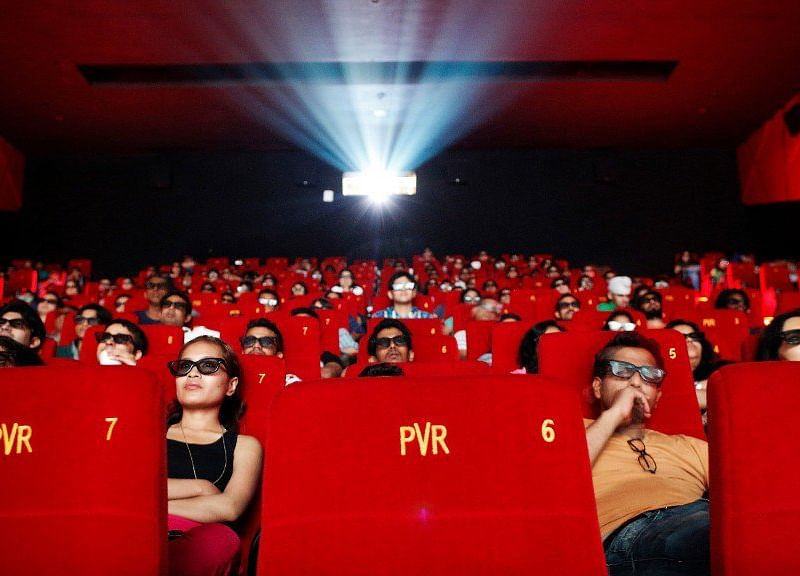

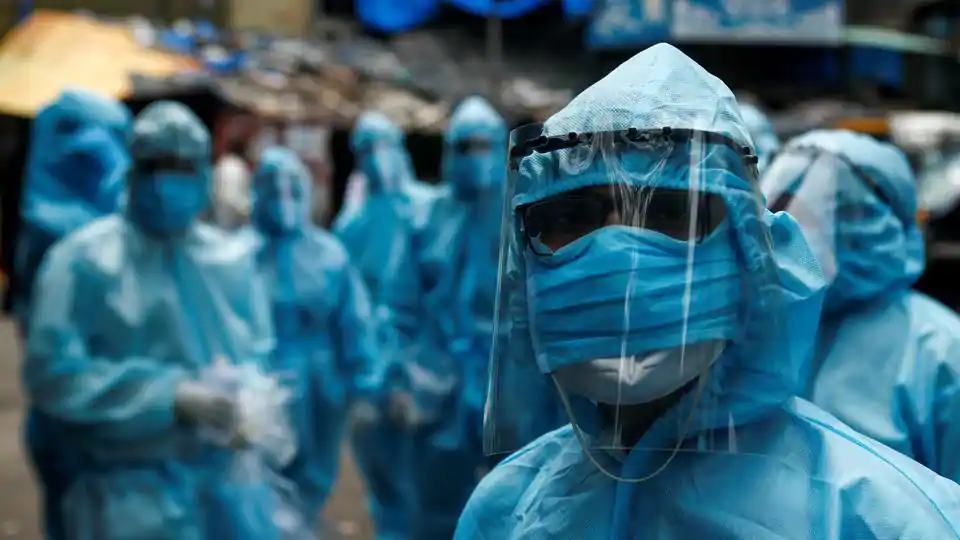




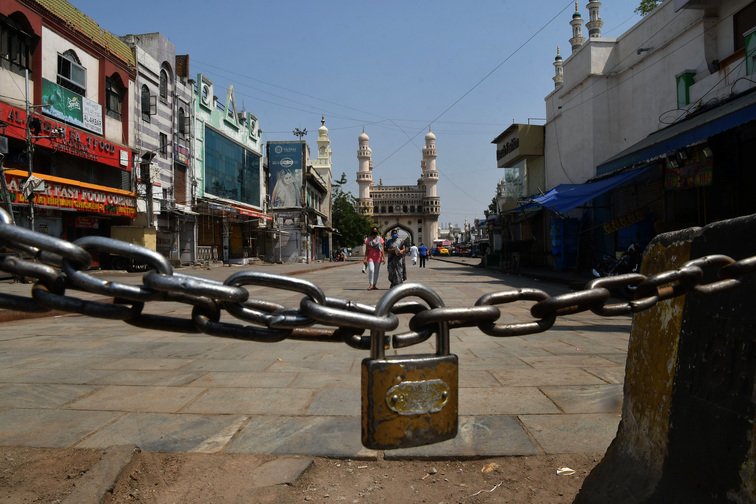




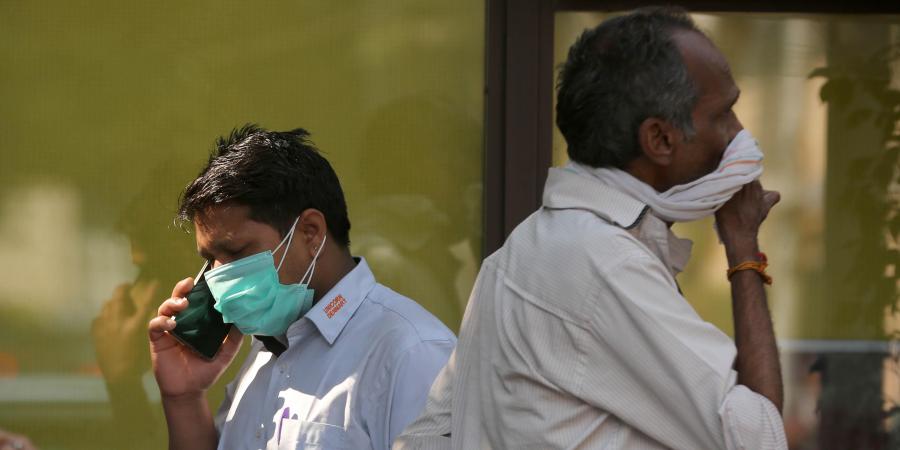
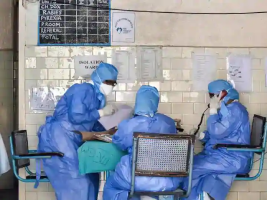
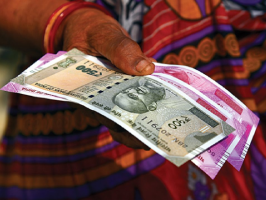
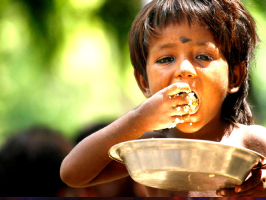
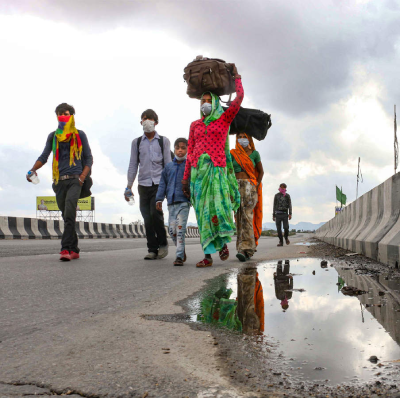
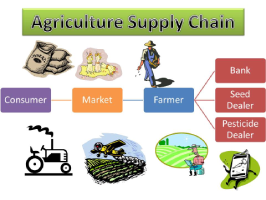
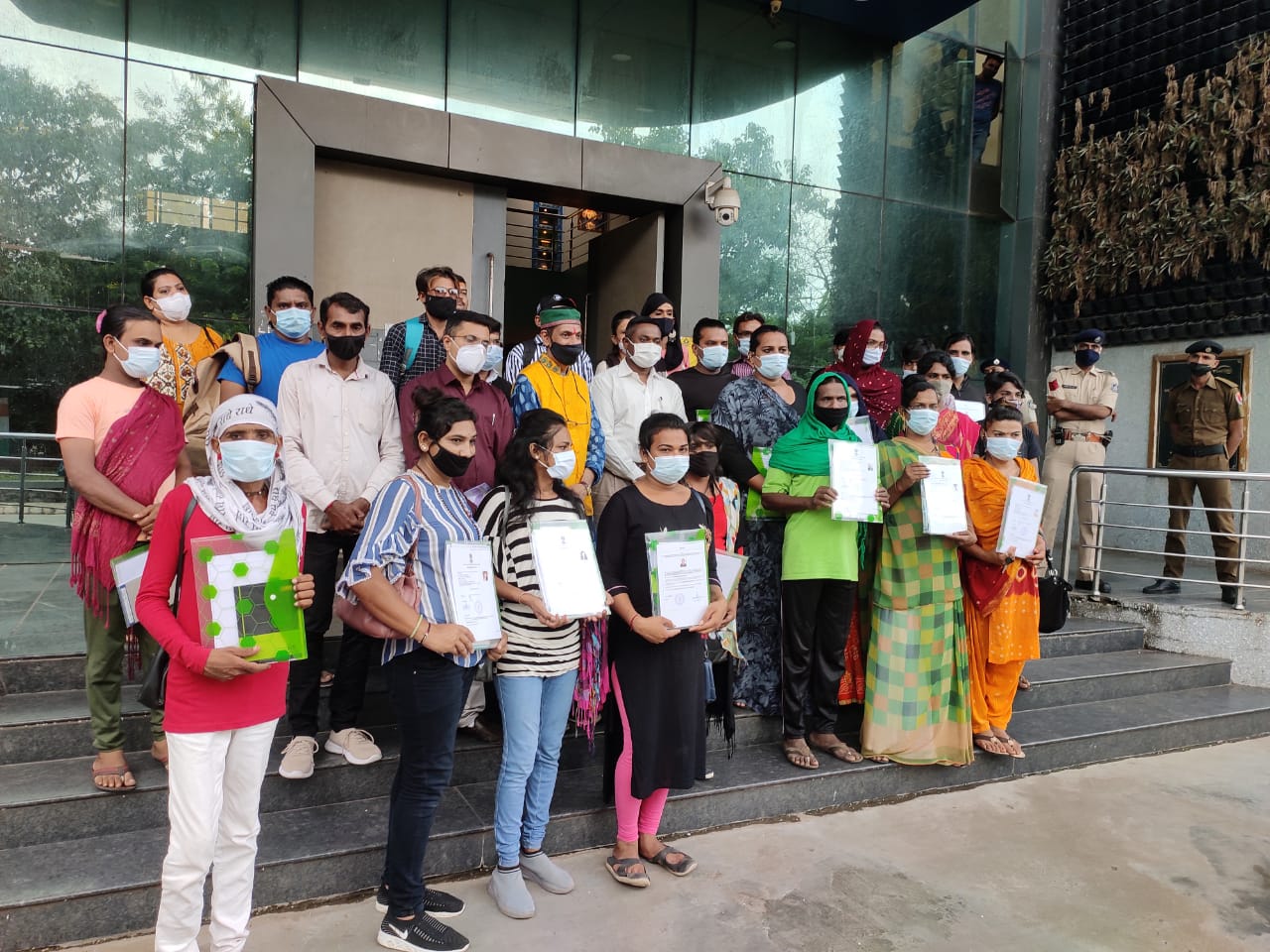
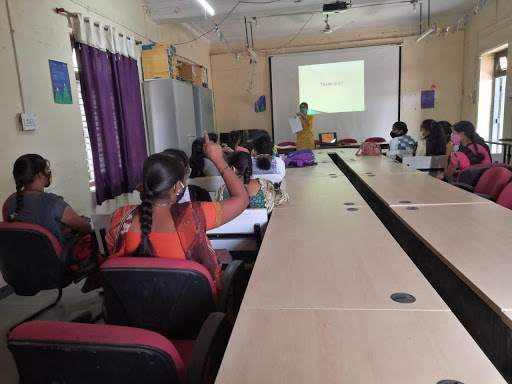
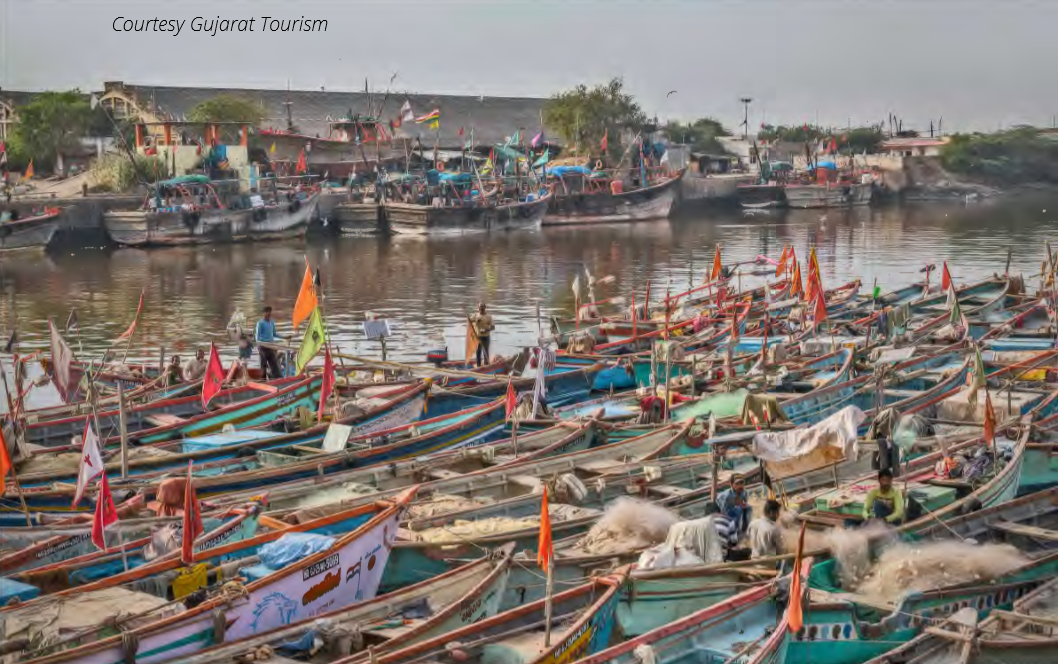

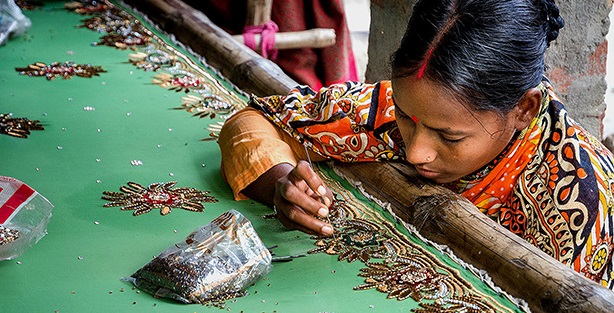
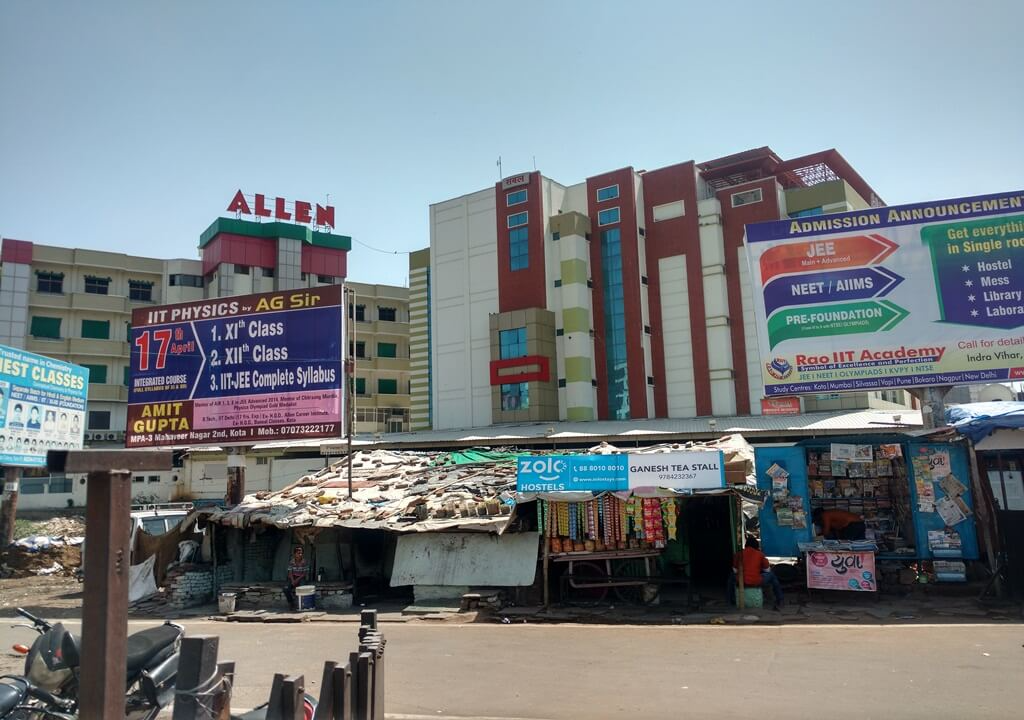
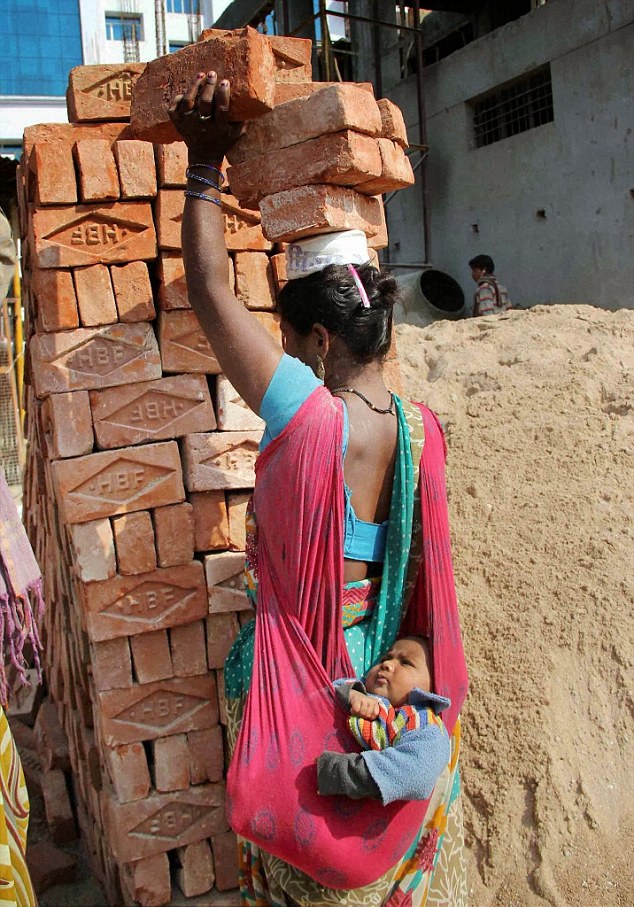
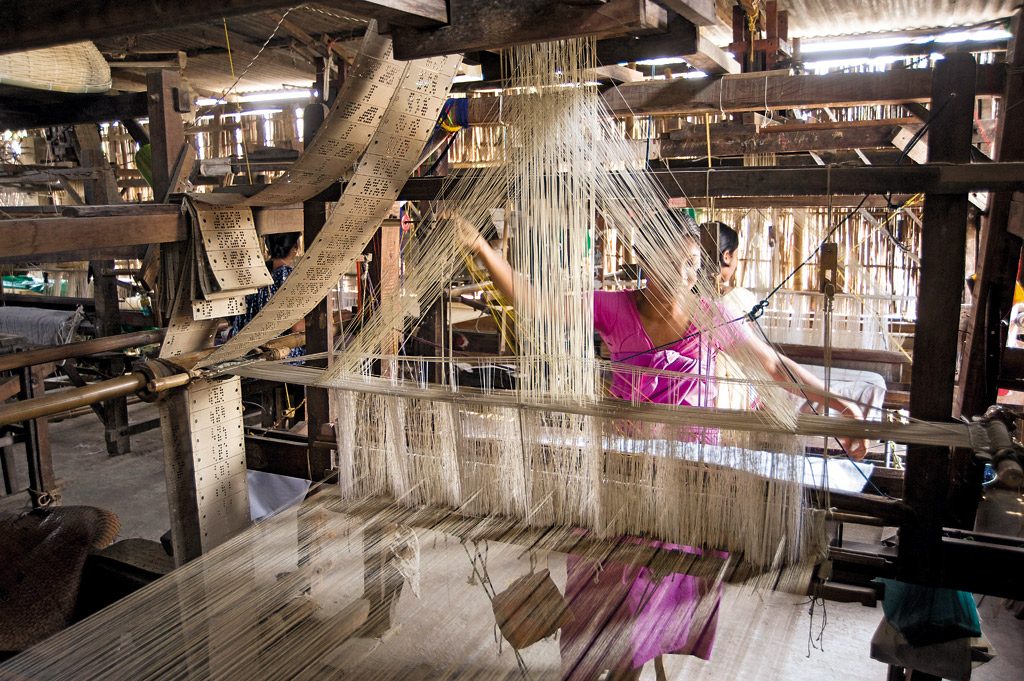
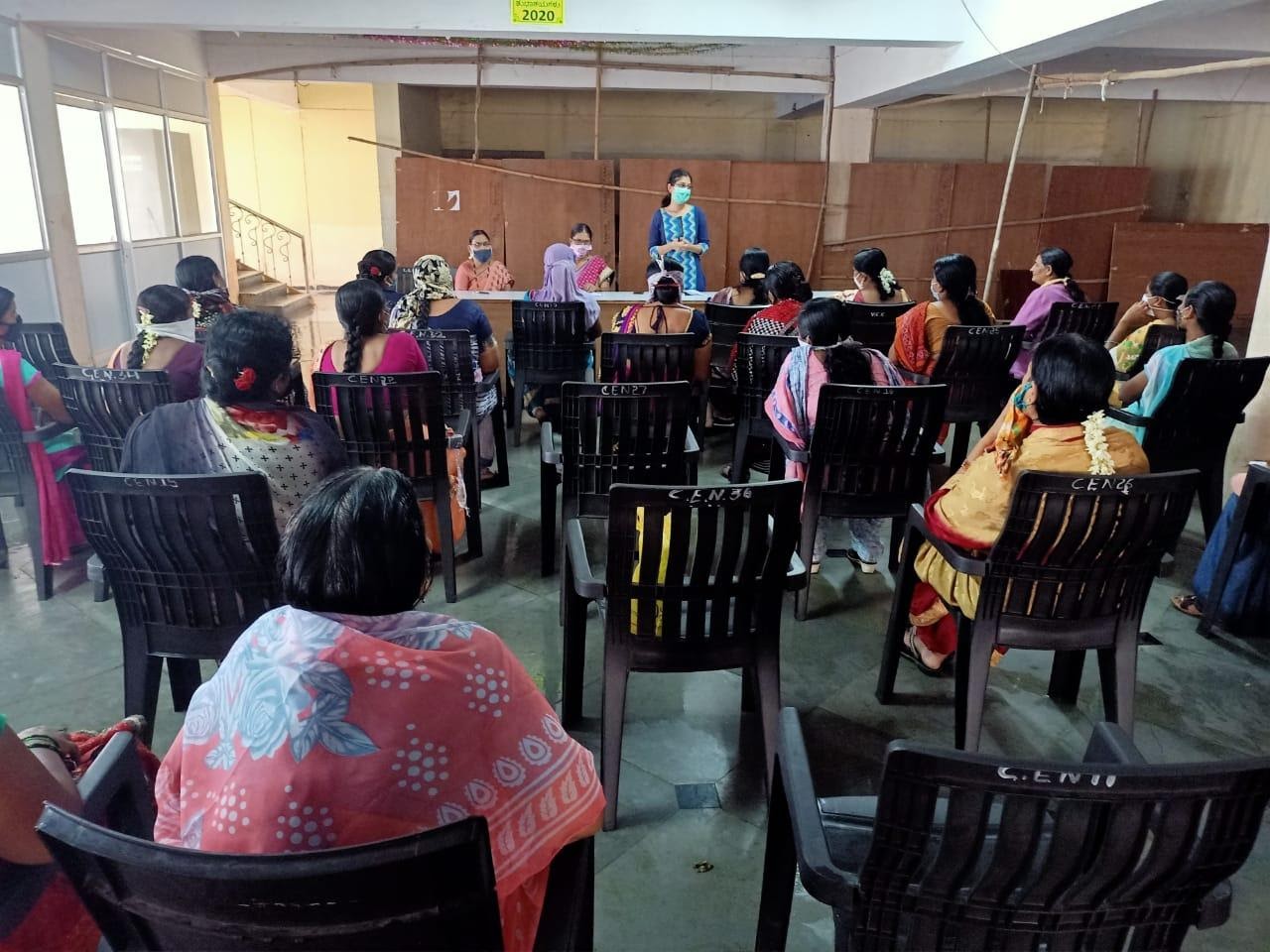
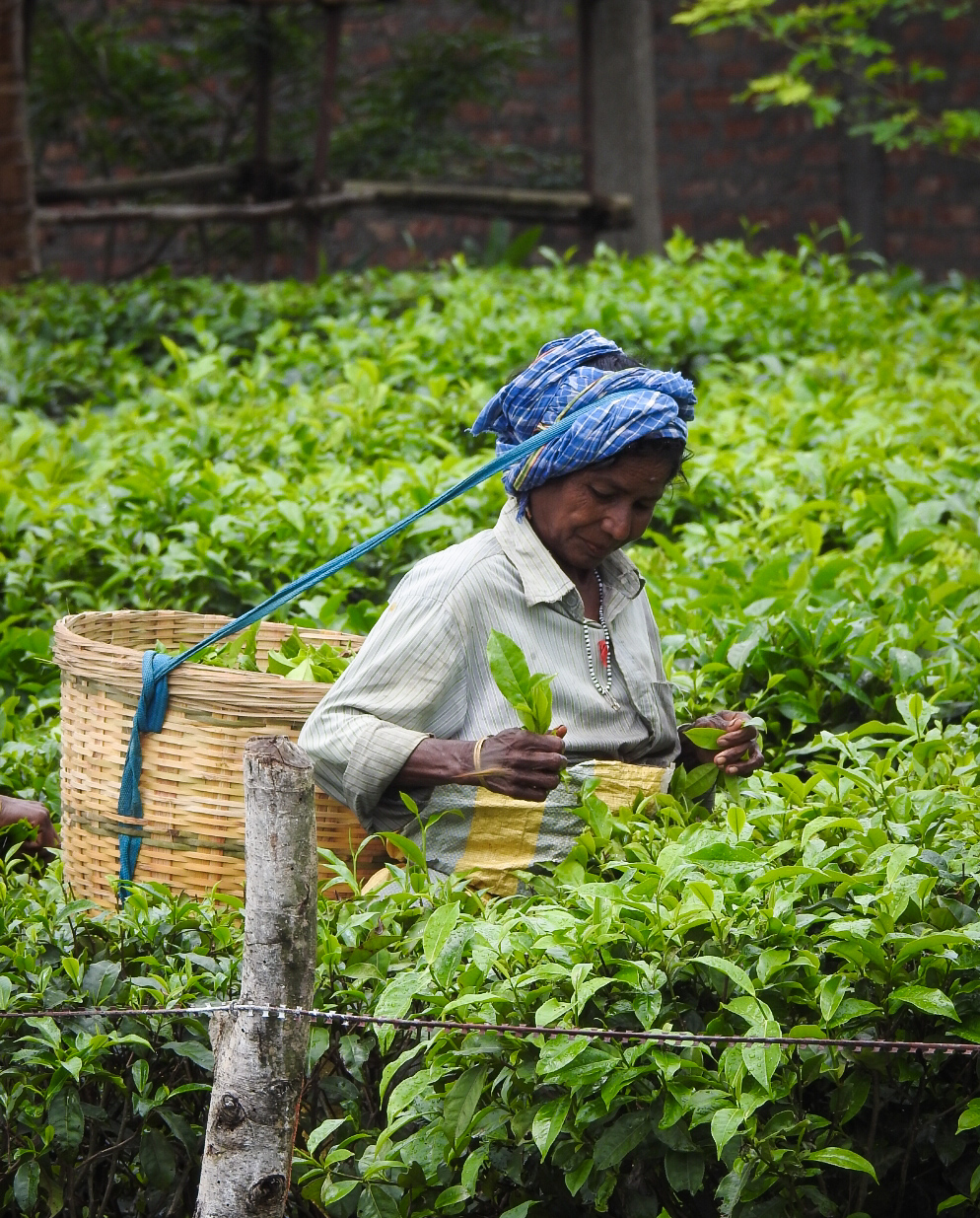

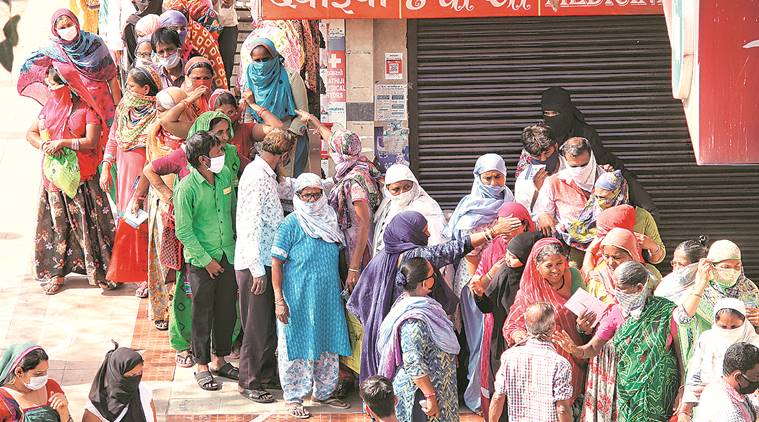

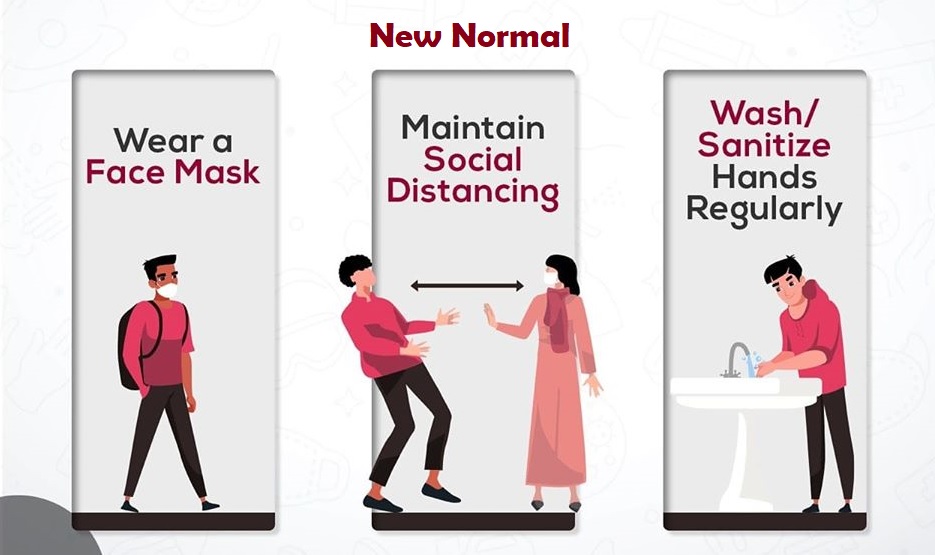
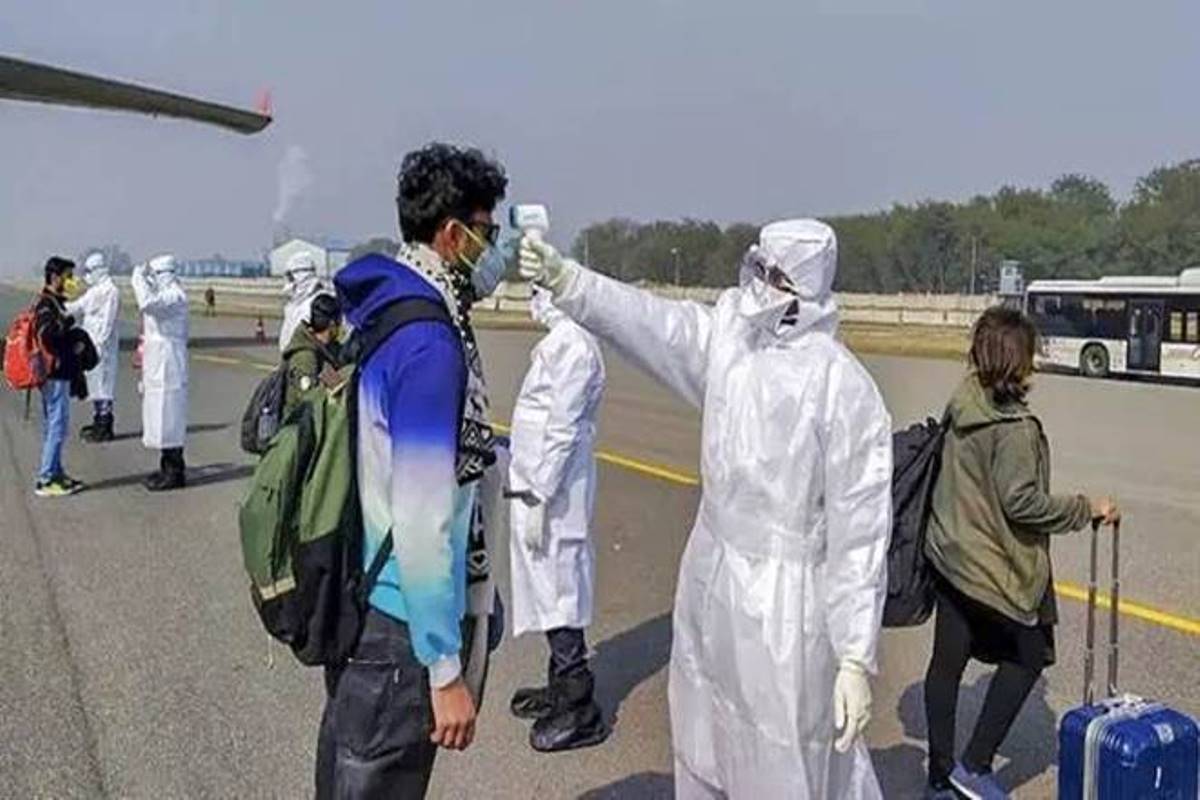

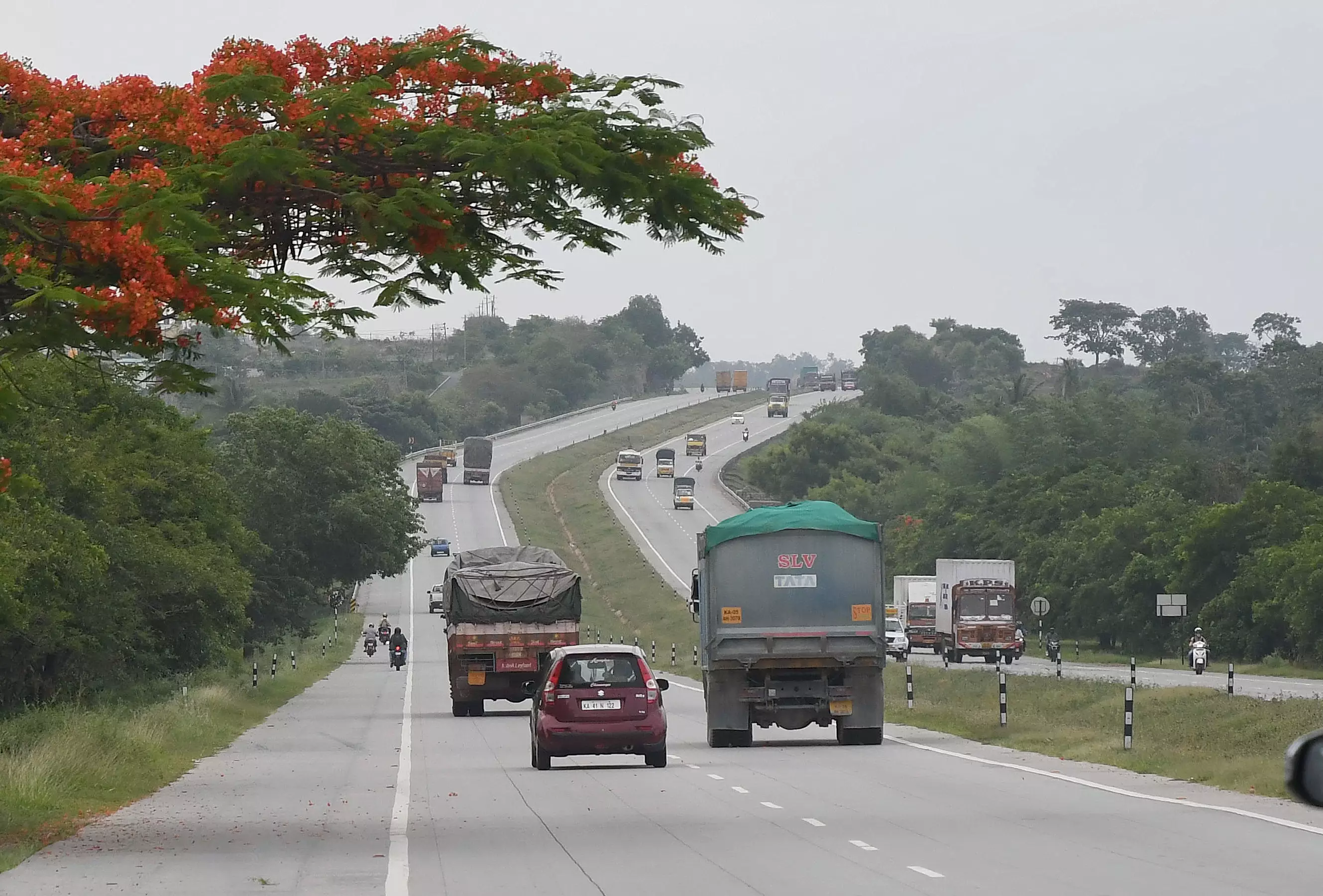
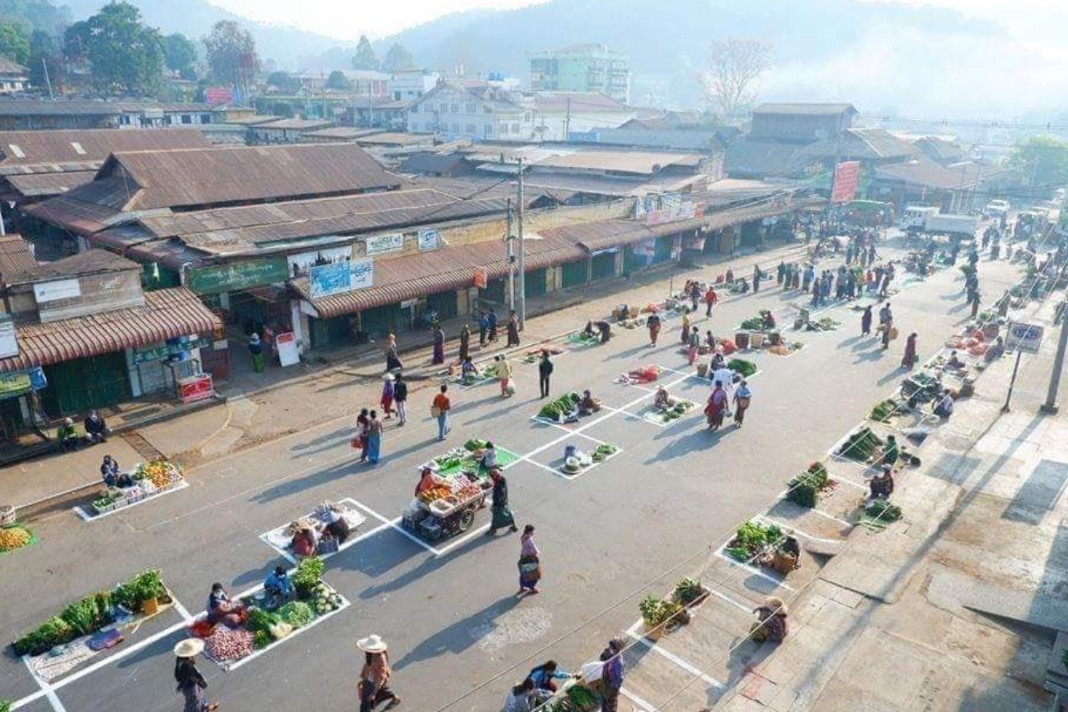
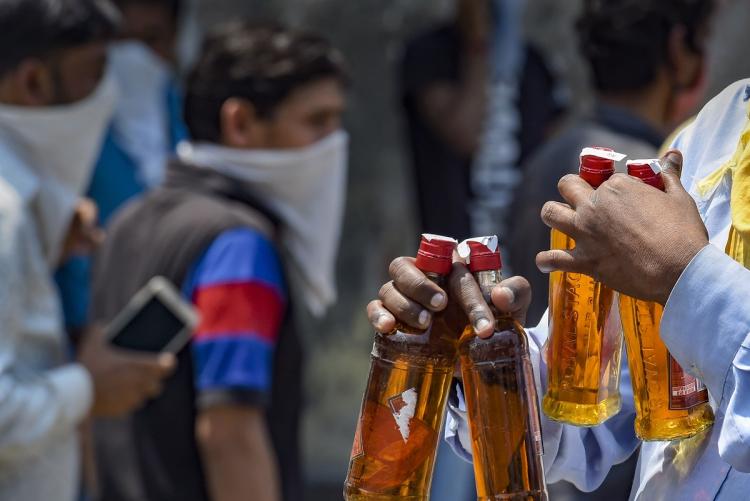
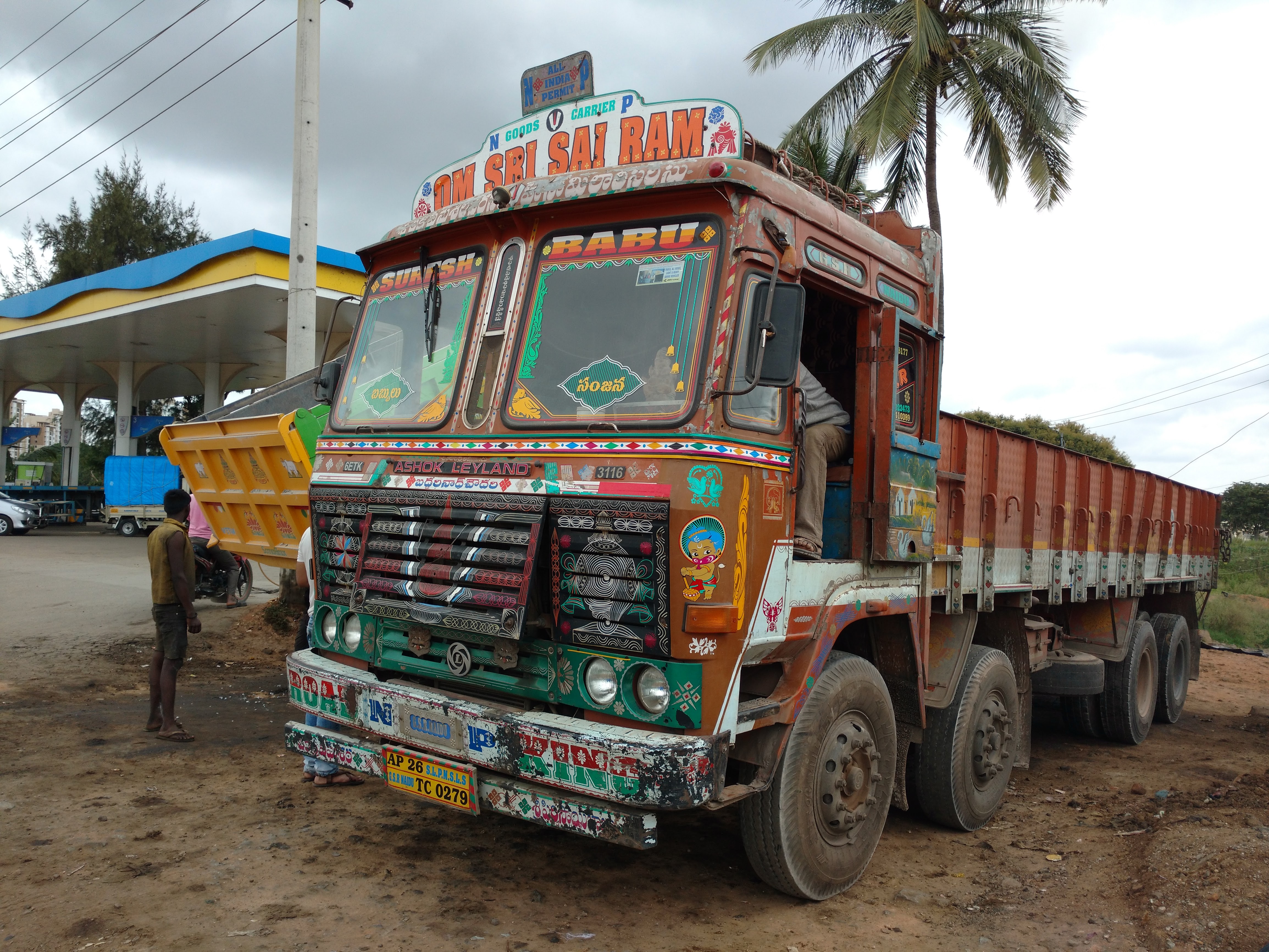
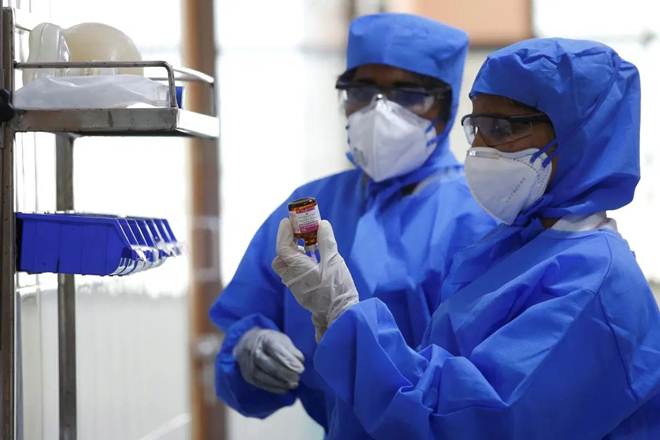
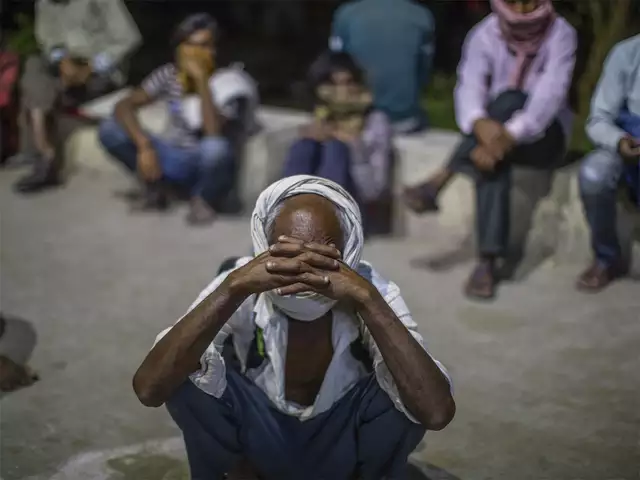
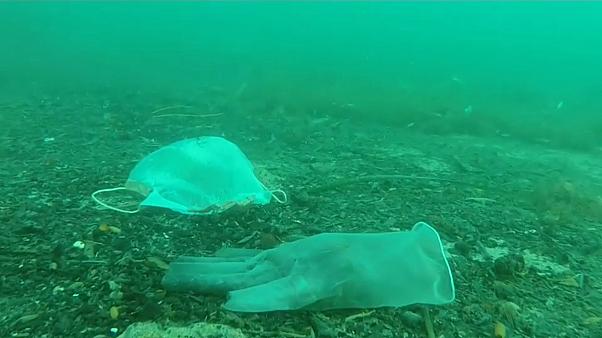
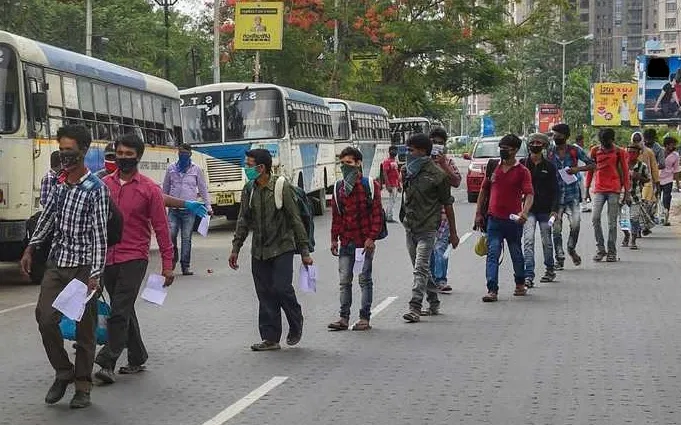

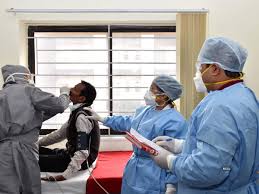

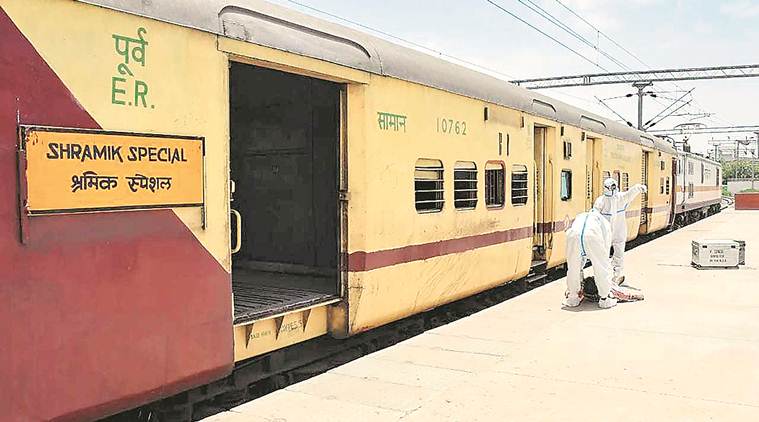

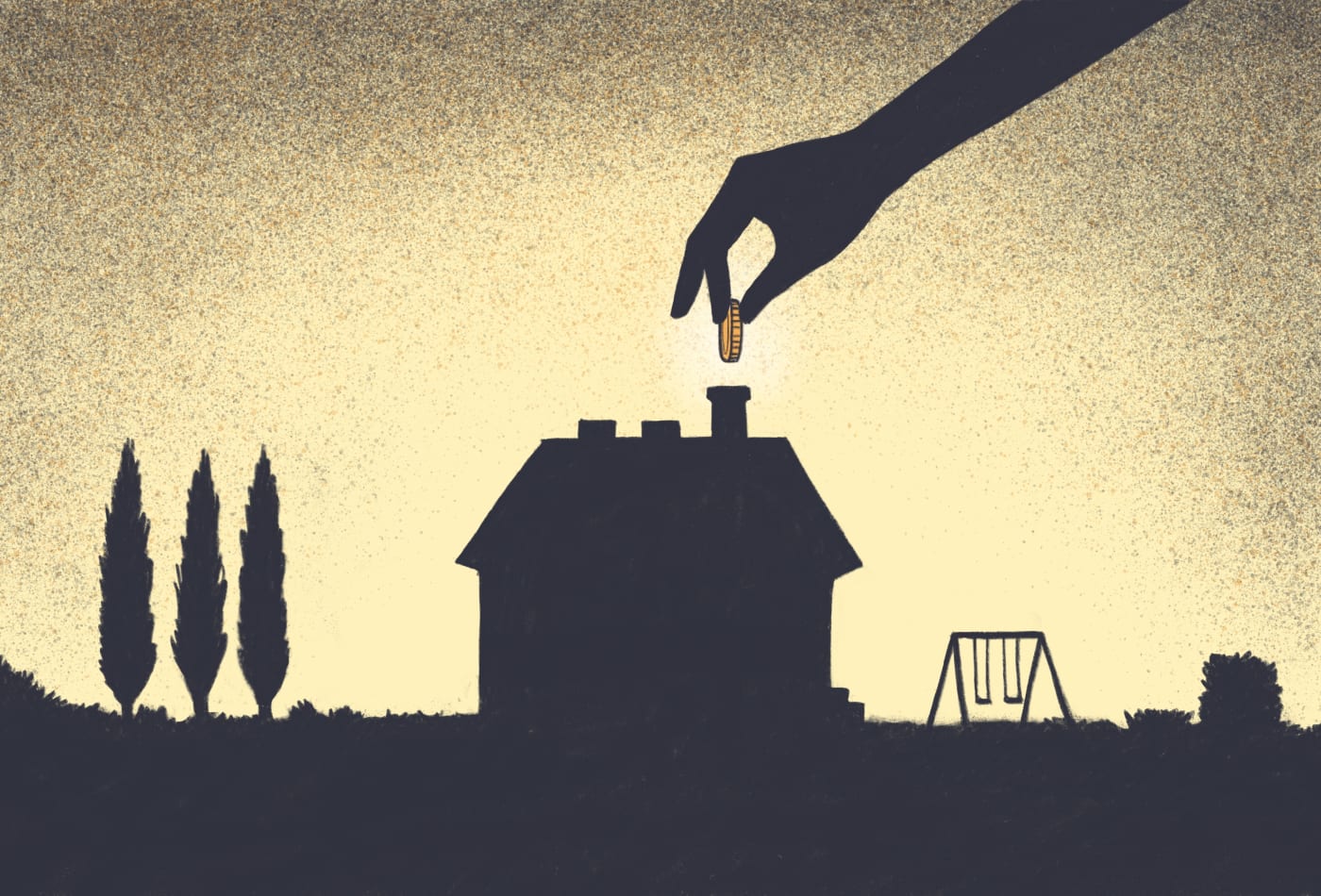

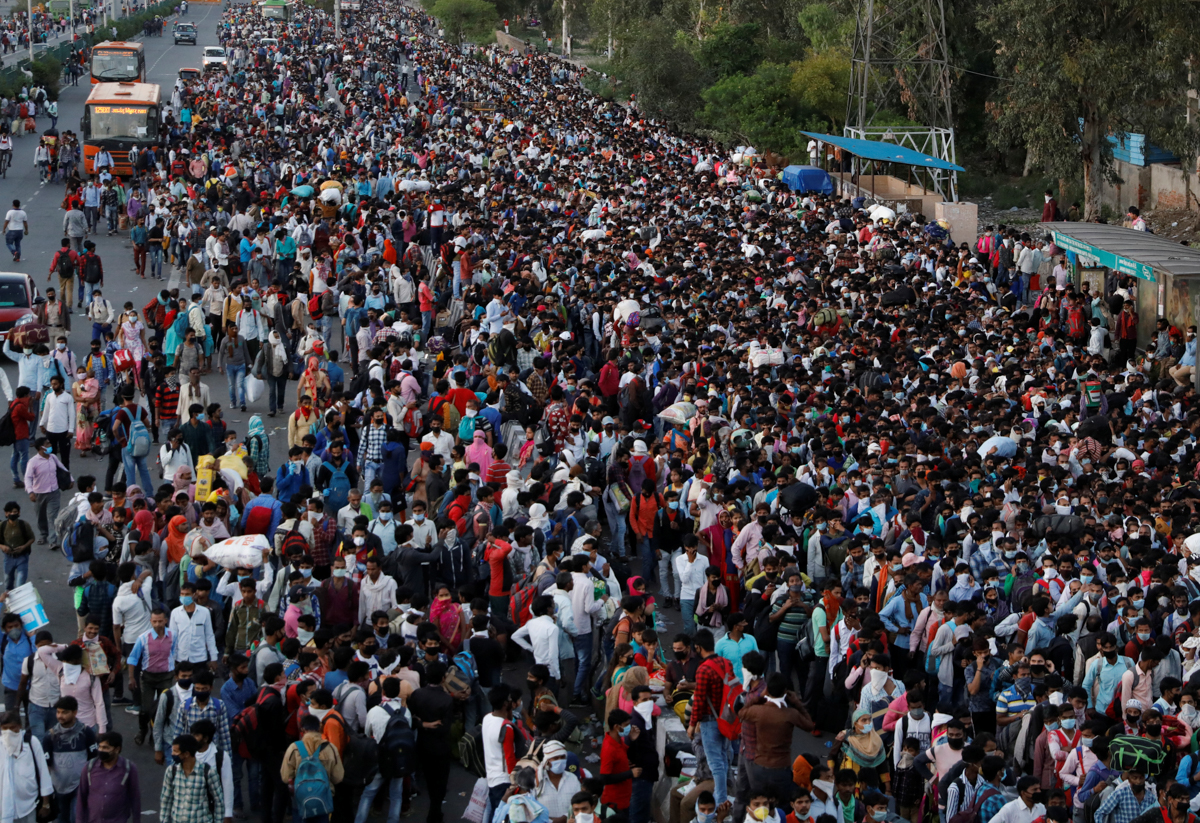
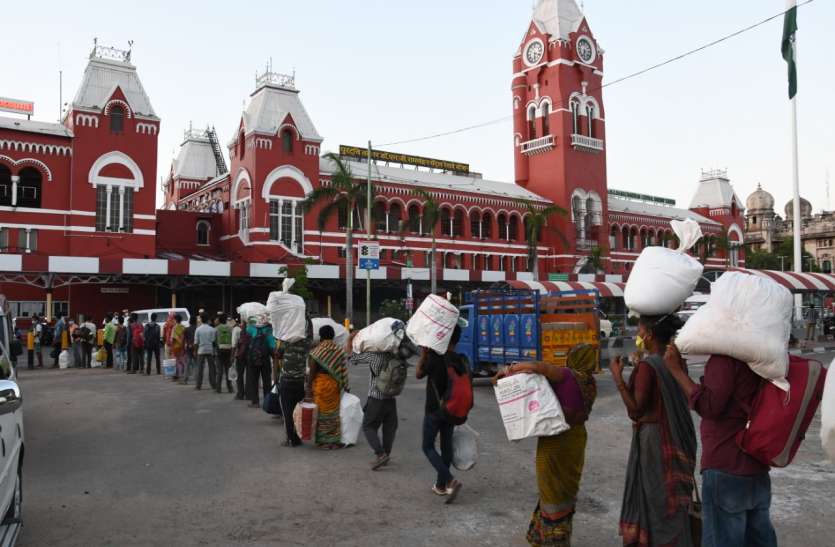
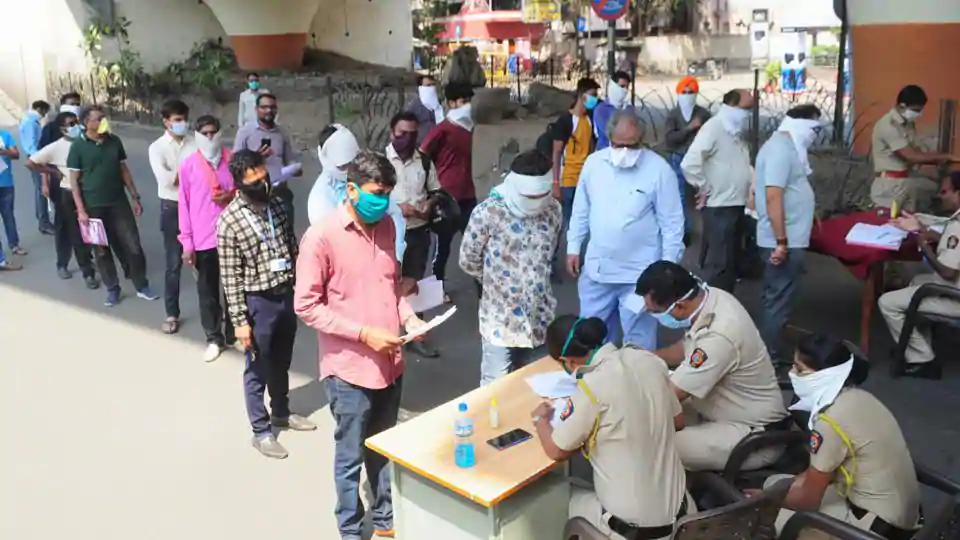
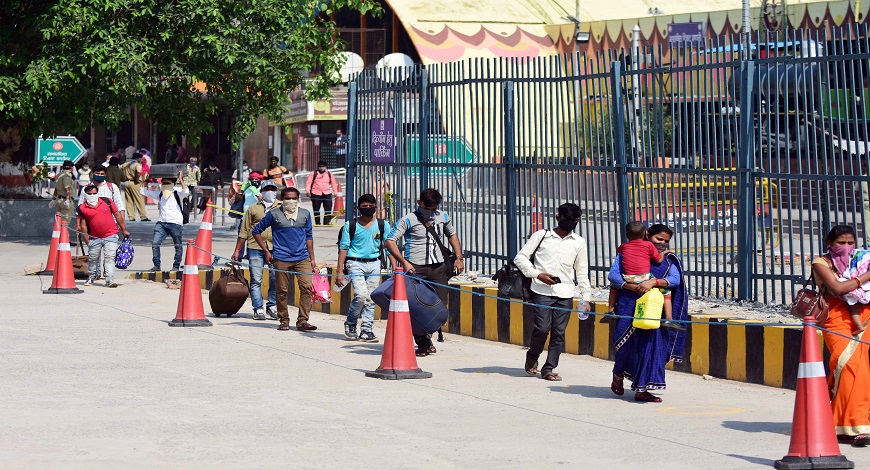
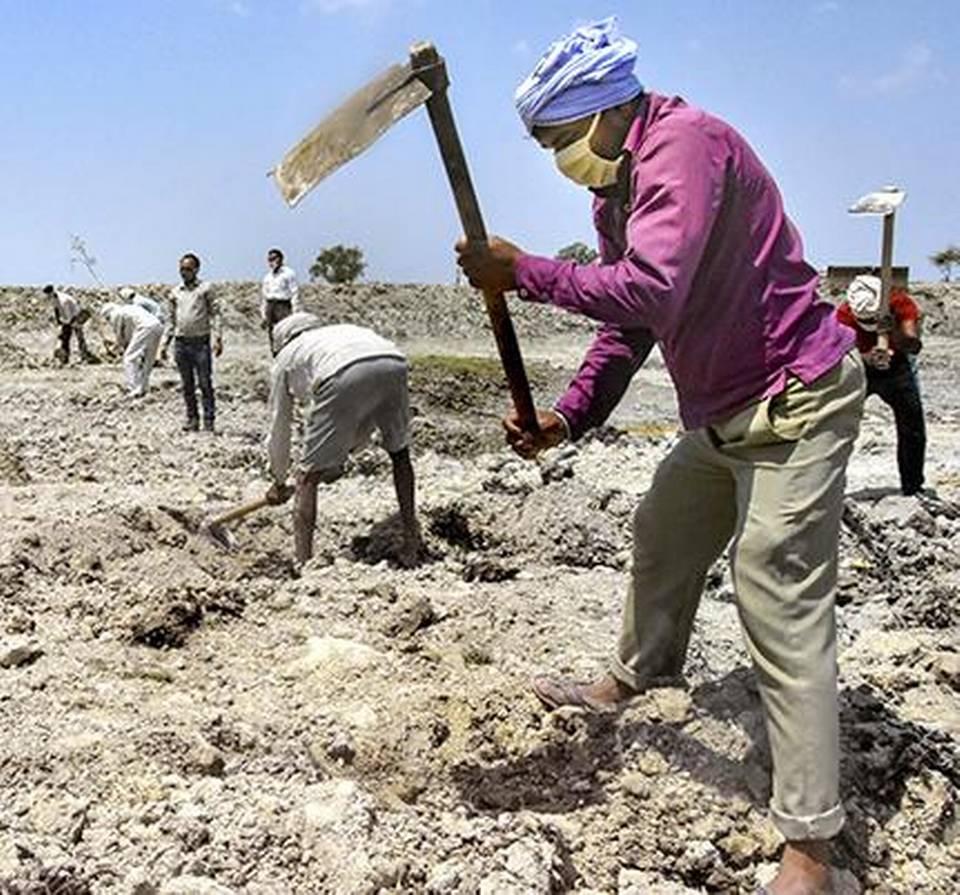
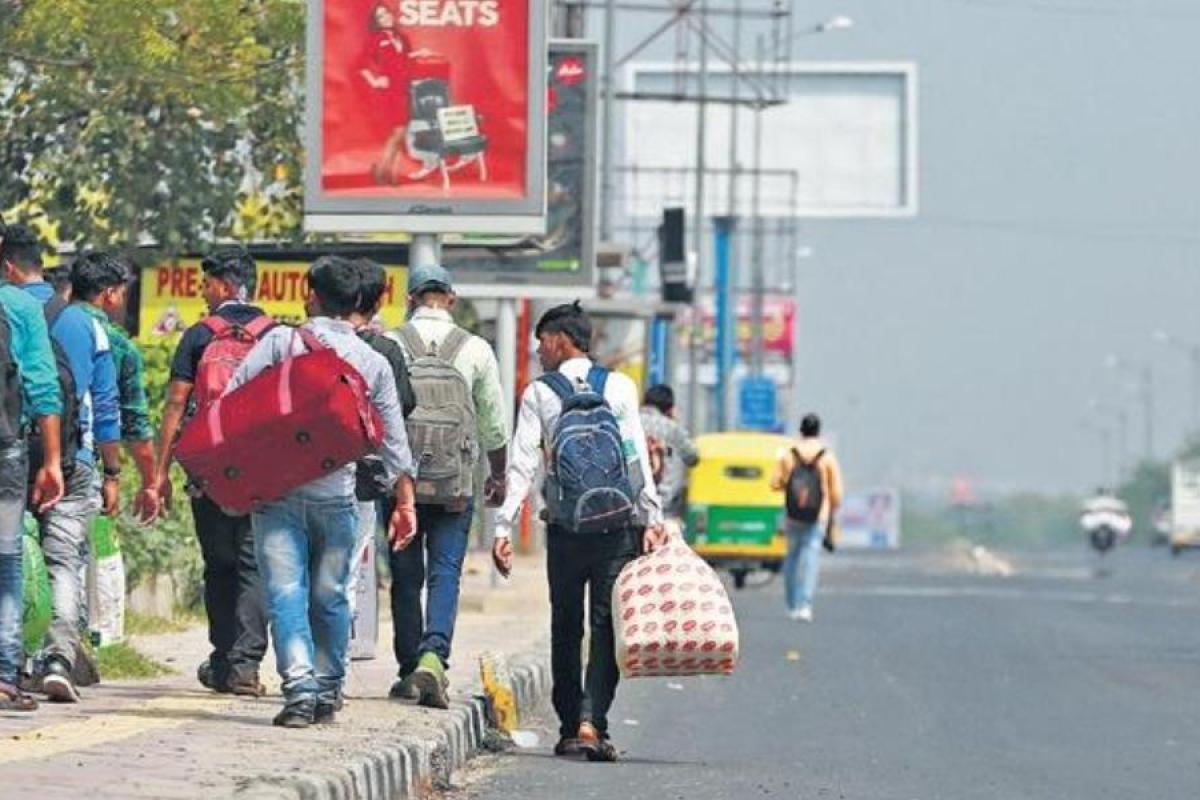
Gayatri Shejwal